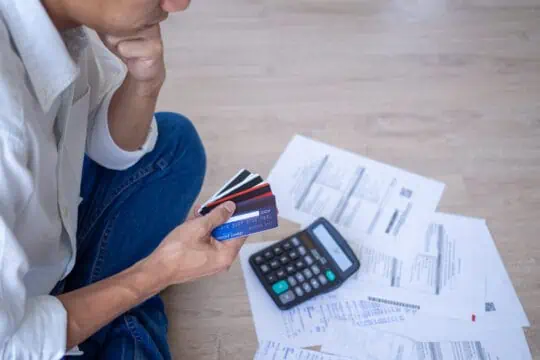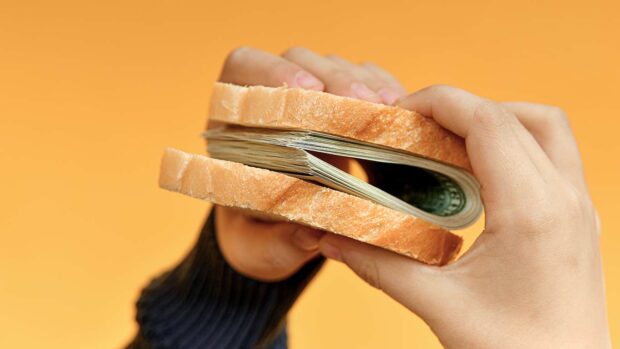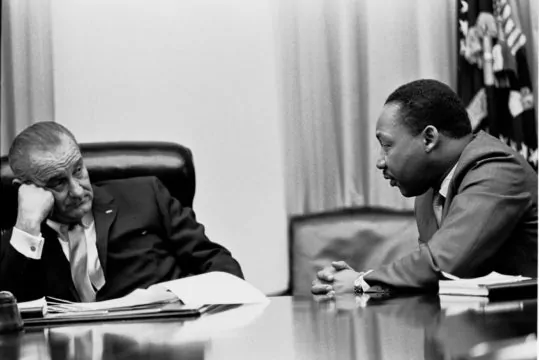Now that the Super Bowl is over and March Madness is coming up, sports memorabilia collectors want to get their hands on autographed jerseys or footballs and basketballs that have seen some action. But don’t be too quick to purchase your favorite player’s “game-use” jersey.
Online sports memorabilia could be fake, warns the Better Business Bureau (BBB). “Scammers know that authentic game-used and/or autographed items can fetch big bucks — especially for items commemorating big games,” warns the BBB.
Sports memorabilia scams are all over social media, offering high-quality photos and rock-bottom prices. One fan who got scammed reported to the BBB Scam Tracker that he purchased a $70 package that was supposed to include team items like a jersey and a signed football or helmet. Instead, he received a cheap, no-brand jersey, NFL keychain and face mask.
Here are the most common sports memorabilia scams:
- Fake game-used items: Sports memorabilia collectors love “game-used” and “game-issued” jerseys and other items designed for a specific player. But watch out. Scammers may “scuff up” and try to “pass off” unworn or fake jerseys and other items as those issued for a big game, says the BBB.
- Autopen-signed autographs: Manufacturers often mass-reproduce autopen-signed autographs of famous athletes on sports merchandise. That’s fine, as long as they’re upfront that each item wasn’t personally signed by the athlete. But some claim that items for sale are personally signed when they’re not.
- Also watch out for claims of “hand-signed” sports memorabilia that doesn’t specify who signed it. The last thing you need is to spend big bucks on a jersey signed by Bob in the mailroom.
- Forgeries: Outright forgeries are hard to spot, says the BBB, and forgery fraud has long been a problem for sports memorabilia collectors.
When you’re in a fan frenzy, it can be hard to tell the authentic sports memorabilia from the fakes. Here are some tips from the BBB to avoid getting scammed.
Click here to sign up for our free financial education email course.
1. Run from too-good-to-be-true deals
If a business or person claims the jersey on sale for $100 was worn by Joe Burrows in the Super Bowl, it’s time for a transaction interception. If the price on highly desirable sports memorabilia is too good to be true, you’re probably looking at a scam.
Find out: 7 Signs Your Online Soulmate is Out to Scam You
2. Research the company
The BBB recommends researching the seller before you buy sports memorabilia to avoid getting scammed. Start by looking for the business profile at BBB.org. Check BBB Scam Tracker for consumer reports of scams associated with the company. Perform an online search with the business name and “scam” or “rip-off” in the search terms to see if others posted online reviews or complaints about the company.
Before buying, make sure the company has a phone number and actual address — not a post office box — where you can contact customer service if there is a problem. If you don’t see accessible contact information, move on to a reputable sports memorabilia dealer.
Find out: 7 Red Flags a Paid Survey May Be a Scam
3. Make sure the website is secure
Make sure the website where you’re paying has a secure website that has “https” in the domain address. The “s” ensures that payment is secure. If you don’t see “https,” don’t risk having your credit card number compromised and used for fraudulent transactions.
Find out: 7 Signs of a Debt Settlement Scam
4. Pay with a credit card
If the site is secure, always pay with a credit card instead of a debit card. Credit cards provide more fraud security and no liability or only up to only $50 liability for fraudulent transactions.
Find out: Watch Out for These 6 IRS Tax Scams
5. Check certificates of authenticity
Sports memorabilia normally comes with a certificate of authenticity (COA) so you know it’s not a fake. That’s why scammers often try to pass off a fake COA to unsuspecting buyers.
“A valid COA should state the qualifications and complete contact information of the issuer,” warns the BBB. “Before you trust a COA, make sure it contains full and correct details on who issued it, and then make sure they’re a legitimate and reputable authority,” warns the BBB.
Find out: Is This IRS Letter Legit Or a Tax Scam?
6. Be wary of charity auction donations
Many sports memorabilia donation items are authentic, but some scammers hoping to appear generous donate fake sports memorabilia to charity auctions. No matter how much you want to help the charity, don’t overlook suspicious price valuations and questionable authentications. If you have doubts about authenticity, donate directly to the charity instead.
Find out: The Top 5 Scams Targeting Senior Citizens
7. Check the refund policy
The BBB recommends working only with dealers that offer a money-back guarantee if you realize the sports memorabilia item is fake. Before buying, read the terms and conditions of the sale, including any limitations on refunds.








